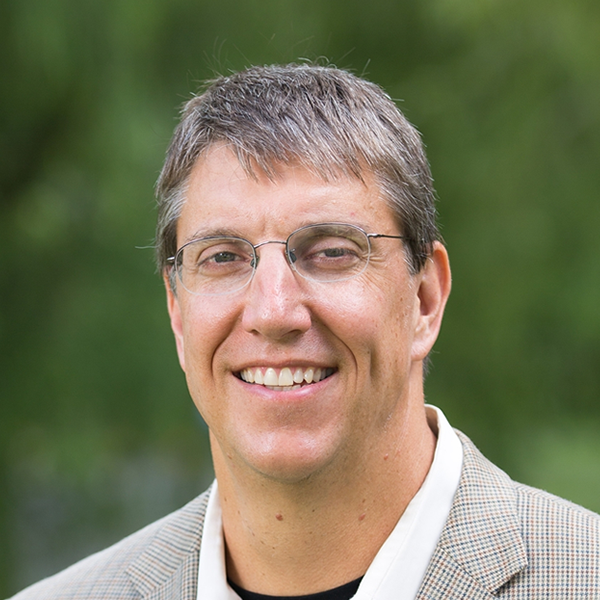Dr. Daniel Ferris, the Robert W. Adenbaum Professor in Engineering Innovation, has achieved a prestigious career milestone by being elected a Fellow of the American Association for the Advancement of Science (AAAS). This recognition places him among the most esteemed individuals in the scientific community and highlights his outstanding contributions to biomedical engineering.
Reflecting on this prestigious honor, Dr. Ferris humbly shared, “I am deeply grateful for this recognition, which is a testament to the collective efforts of the students and postdoctoral researchers I’ve had the privilege to collaborate with over my 21-year career. This achievement is a reflection of the impactful work we have collectively advanced in the fields of biomechanics and neuroscience.”
Ferris joins the class of 2024 AAAS fellows, adding this accolade to his already impressive list of achievements. His impactful research, which has secured more than $17 million in external funding from 12 different agencies, showcases the widespread recognition and support for his work. As a Fellow of the American Society of Biomechanics (ASB) and the American Institute for Medical and Biological Engineering, Ferris has demonstrated prior recognition in organizations specific to his fields of expertise. Election to the AAAS signifies a broader appreciation of his research and accomplishments.
Ferris is being recognized for his distinguished contributions to the field of rehabilitation engineering, particularly for the development of technology for mobile brain imaging and robotic exoskeletons. His research has significantly advanced our understanding of the control and mechanics of human locomotion and the use of robotics to benefit individuals with disabilities. As Director of the Human Neuromechanics Laboratory, he has trained 20 doctoral graduates and 16 postdoctoral scholars and provided research experiences to more than 200 undergraduate students.
One of Ferris’ most notable contributions is pioneering high-density electroencephalography (EEG) for mobile brain imaging, achieving high-fidelity analysis of electrical brain signals during human movement tasks such as walking and running. His work involves innovative hardware and software solutions to mitigate motion and muscle artifacts, providing unprecedented insights into brain activity during locomotion.
The American Association for the Advancement of Science (AAAS), founded in 1848, is the world’s largest general scientific society with over 250 affiliated societies and academies of science, serving 10 million individuals worldwide. AAAS aims to promote science, engineering, and innovation for the benefit of society at large.

